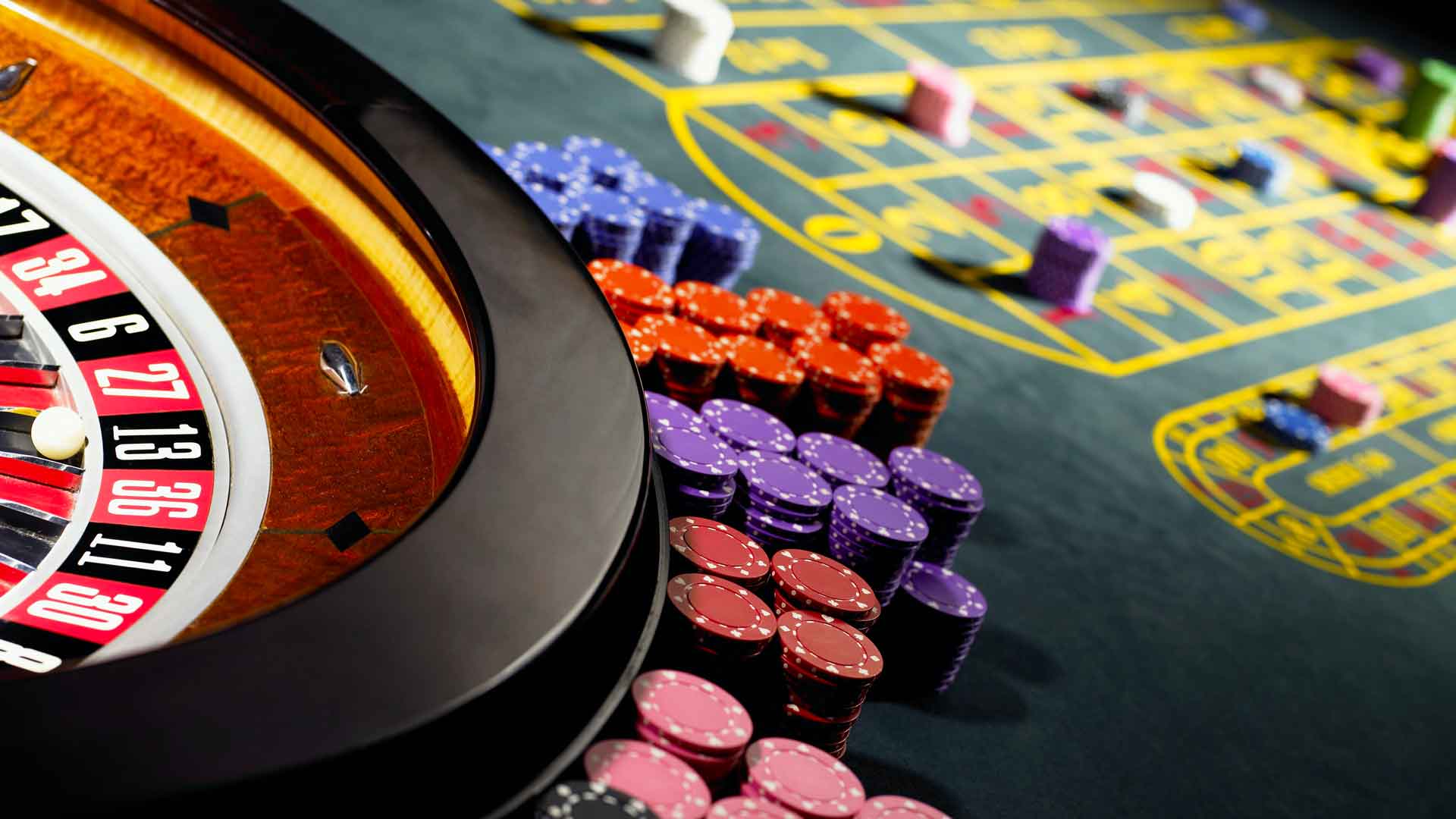How Casinos Play With Perception

How Casinos Play With Perception
Casinos are masters of illusion, crafting an environment meticulously designed to keep players engaged and, ultimately, spending. They aren't just offering games; they're selling an experience, one built on psychology, sensory manipulation, and a deep understanding of human behavior. Understanding how casinos play with perception is crucial for anyone who wants to enjoy the thrill of the game responsibly and avoid falling prey to these carefully constructed strategies.
The Psychology of the Casino Floor
The moment you step onto a casino floor, you're entering a carefully orchestrated world. Everything from the layout to the lighting is designed to influence your behavior. Casinos utilize a variety of psychological tactics, including:
- Positive Reinforcement: This is the bedrock of casino design. The constant stream of flashing lights, winning sounds, and small payouts (even if they're less than the original bet) serves as positive reinforcement, encouraging you to keep playing. These intermittent rewards create a powerful sense of anticipation and excitement.
- Variable Ratio Schedules: Slot machines, in particular, operate on a variable ratio schedule. This means the rewards are unpredictable. You don't know when the next win will occur, which keeps you hooked. The element of surprise is highly addictive.
- Loss Aversion: Humans are inherently more sensitive to losses than gains. Casinos exploit this by making losses feel less painful. This is often done through near misses (where the symbols nearly align), which give the illusion of almost winning, encouraging you to continue playing to chase that elusive victory.
- Cognitive Dissonance: This psychological phenomenon occurs when our beliefs and behaviors conflict. Casinos use this to their advantage. For instance, if you believe you're a skilled player but are consistently losing, you might rationalize your losses by playing even more, believing that your skill will eventually prevail.
Sensory Manipulation: A Symphony of Seduction
The casino environment is a carefully crafted sensory experience, designed to override your rational judgment. This includes:
- Lighting: Casinos often employ dim lighting, which creates a sense of intimacy and encourages you to stay longer. The lack of natural light also obscures the passage of time, making you less aware of how long you've been playing.
- Sound: The constant cacophony of sounds – winning bells, cheerful music, and the clatter of chips – creates a stimulating and exciting atmosphere. These sounds reinforce the idea of winning and positive experiences.
- Colors: The colors used are often warm and inviting, with red being a particularly prevalent choice. Red is known to be an emotionally stimulating color, which can increase your heart rate and make you more impulsive.
- Air Quality: The air is often controlled to be cool, helping to maintain a comfortable environment. Casinos also may pump in fresh, oxygen-rich air, which can help keep you alert and engaged.
- Layout Design: Casinos are designed to be mazes. There are few clocks or windows, making it difficult to track time. The goal is to keep you moving through the casino floor, encountering more games and temptations. The absence of clocks is a deliberate attempt to disorient players and make them lose track of time. The placement of restrooms, cashiers, and ATMs strategically far from the entrance also encourages players to wander deeper and stay longer.
Understanding the Games: The House Advantage
Ultimately, casinos are businesses, and they’re designed to make money. Every game has a "house edge," which is the statistical advantage the casino has over the player. The house edge ensures that, over time, the casino will win more than it loses. Understanding this inherent advantage is critical to responsible gambling.
Beyond the games themselves, casinos often employ strategies to increase their revenue. These may include:
- Loyalty Programs: Casinos frequently offer loyalty programs that reward frequent players with comps, such as free meals, hotel rooms, and even cash back. While these perks can seem appealing, they can encourage players to gamble more in order to earn them, ultimately increasing their losses.
- Targeted Marketing: Casinos often use data to target players with personalized offers and promotions. This data can include information about your betting habits, preferred games, and spending levels.
- Fast-paced Games: Many casino games are designed to be played quickly, enabling players to wager more money in a shorter amount of time, thus increasing the house edge.
Playing Responsibly and Protecting Yourself
The best way to protect yourself in a casino is to be aware of the strategies they use. This includes:
- Setting a Budget: Before you start playing, decide how much you're willing to lose and stick to it. Never chase your losses.
- Time Limits: Set a time limit for your play and stick to it. Avoid staying for hours without breaks.
- Be Aware of Alcohol Consumption: Alcohol can impair your judgment and make you more likely to take risks. Drink responsibly or not at all.
- Take Breaks: Step away from the games regularly to clear your head.
- Choose Reputable Platforms: If you're playing online, always choose reputable casinos and platforms. For example, if you are looking for online casino options, check out m88 slot.
By understanding how casinos play with perception, you can make informed decisions and enjoy the experience responsibly. Remember, the goal is to have fun, not to make a living from gambling. Be smart, stay in control, and know when to walk away.
```